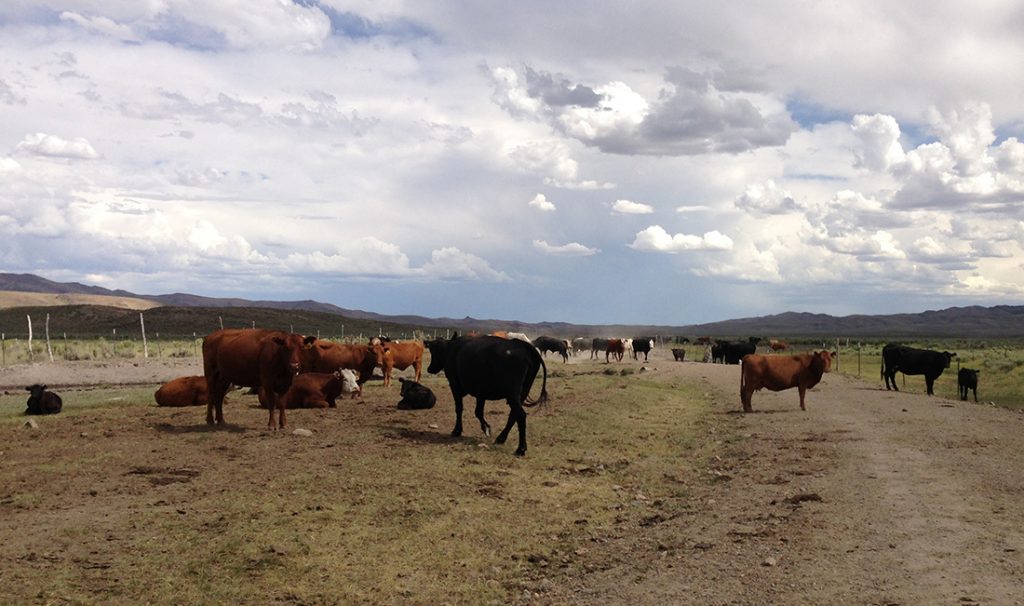(Reno Gazette-Journal)
June was a red-letter month for Pershing County. The Pershing County Board of Commissioners voted unanimously to support federal public lands legislation for Pershing County, and Senators Heller and Reid introduced S. 3102, the Pershing County Economic Development and Conservation Act. Congressman Amodei introduced the H.R. 5752, the companion House bill, on July 13, with the support of the entire Nevada congressional delegation.
These bills are the result of the county commissioners’ multiyear dialogue with the community about public land management, which culminated with a series of recent town hall meetings, and represent a collaborative effort involving conservationists, mining companies, ranchers, prospectors, and Pershing County residents.
The many benefits associated with these bills include helping sportsmen and conservationists preserve important habitat and existing road access into wilderness areas and resolving ranchers’ issues with the current wilderness study area boundaries, assuring them future access. The bills will help landowners buy or exchange public lands to create consolidated blocks of private land. Miners can purchase the lands where their operations are located for fair market value, which will expedite mine expansion and reclamation and bring good jobs and tax revenues to Pershing County. The bills also authorize Pershing County to purchase the Unionville Cemetery so people can continue to bury their loved ones in this historic graveyard.
The bills help Pershing County solve the difficult problem of finding productive uses for the checkerboard lands — the 20-mile swath of alternating one-mile sections of private and public land on both sides of the railroad (which roughly parallels Interstate 80). Development and conservation in the checkerboard are challenging because of this land ownership pattern. Under this legislation, Pershing County commissioners can nominate public lands in the checkerboard for sale or exchange in order to consolidate lands into more manageable blocks of public and private land. The bills authorize BLM to sell or exchange the county-nominated lands to qualified buyers. Pershing County will benefit from new jobs, economic development, an expanded private-property tax base and much-needed revenue.
The bills also end the stalemate over wilderness study areas that BLM identified in the 1980s as warranting permanent protection as wilderness and other areas that did not. Since then these areas have been in limbo. The bills end the uncertainty by designating roughly 130,000 acres as wilderness and releasing about 40,000 acres of wilderness study areas to uses other than wilderness. Only Congress can establish wilderness areas; now after nearly 30 years the process is moving through Congress.
Getting to this point was not easy. Everyone had to compromise, and no one got everything they wanted. But the end product of this give-and-take has broad support and advances all of our interests.
This is how the process is supposed to work. It’s the Nevada way — a grassroots effort in which neighbors rolled up their sleeves and worked together to solve problems in a way that helps everyone. We applaud the vision and leadership by the county commissioners, senators Heller and Reid and Congressman Amodei, and look forward to working with them as the bill advances through Congress.
Shaaron Netherton is executive director of Nevada Friends of Wilderness. Debra Struhsacker is senior vice president of Pershing Gold Corporation, Vance Vesco is owner of Vesco Ranches.
